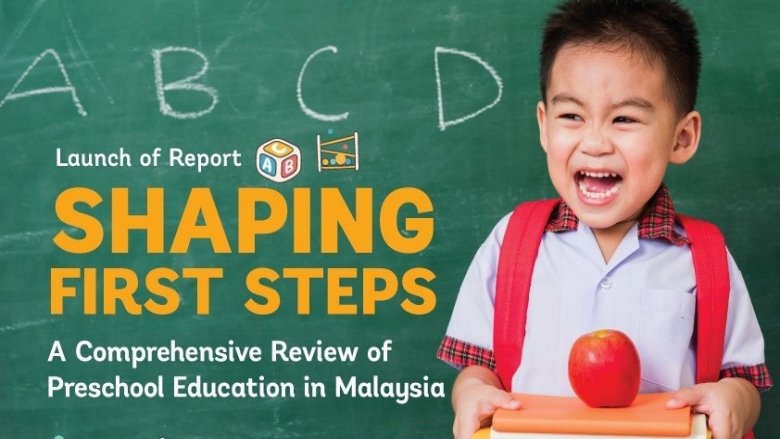Early childhood development has the potential to bring about numerous benefits, including healthy development, enhanced learning capacity, and increased productivity in adulthood, as recognized by UNESCO (2022).
Research literature has consistently linked participation in early learning programs to positive economic and social outcomes in the short and long term. These benefits encompass school readiness, educational attainment, improved health, crime prevention, employability, and increased productivity (Meloy et al., 2019).
While Malaysia has made significant strides in expanding preschool enrollment rates, achieving 84 percent in 2020 from 67 percent in 2009, challenges related to access and quality persist. The country aimed to achieve universal preschool enrollment by 2020, but this target remains unmet, a common issue faced by many developing nations.
The Malaysia Education Blueprint (2013-2025) outlined goals for preschool education, including a minimum qualification of a diploma in early childhood care and education (ECCE) for all preschool teachers by 2020. However, this target also remains unachieved, with various unresolved obstacles hindering progress in this area.
Access and quality issues in preschool education continue to hinder progress despite past reform efforts and initiatives in Malaysia.
A lack of preschool seat availability in certain areas, low awareness among parents about the benefits of preschool education, affordability concerns, low teacher quality, and overlapping roles among multiple overseeing ministries and agencies are among the identified issues.
The comprehensive review of Malaysia's preschool education landscape, conducted in collaboration with the Ministry of Education (MOE), aims to bridge the gaps between the government's targets and the current outcomes.
The review employs a three-step multi-stakeholder engagement strategy, comprising a preschool survey, stakeholder interviews, and a Preschool Education Review Lab, to gather insights, input, and solutions from key stakeholders across ministries, agencies, private sectors, and non-governmental organizations (NGOs).
The report synthesizes research findings, analysis, and stakeholder engagement outcomes, utilizing a framework of targets, pillars, and enablers to structure the information.
The two main government-set targets of achieving universal preschool enrollment and ensuring all preschool teachers possess a minimum diploma in ECCE are fundamental to the report's focus.
The report identifies two main pillars crucial to achieving the targets: improving access to preschool education for equitable opportunities and enhancing the quality of preschool education to ensure optimal learning outcomes.
Priority areas within these pillars are established through careful analysis of stakeholder concerns, addressing specific issues and challenges.
In addition to the pillars, the report highlights two cross-cutting and vital enablers: governance, encompassing the harmonization of ECCE licensing and provision, and financing.
Equity considerations play a significant role across both the pillars and enablers, emphasizing the importance of ensuring fair and inclusive access to quality preschool education.
